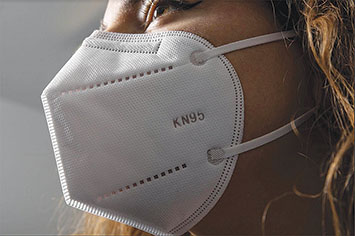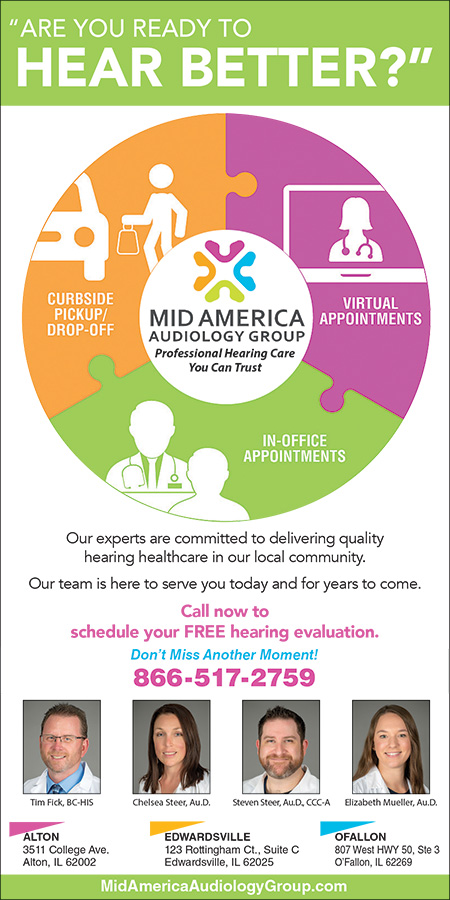 As the highly contagious Omicron coronavirus variant continues to spread, some experts say it’s past time to reconsider your face mask options – especially if you’re still wearing the cloth variety.
As the highly contagious Omicron coronavirus variant continues to spread, some experts say it’s past time to reconsider your face mask options – especially if you’re still wearing the cloth variety.
“Cloth masks are little more than facial decorations. There’s no place for them in light of Omicron,” said CNN Medical Analyst Dr. Leana Wen, an emergency physician and visiting professor of health policy and management at the George Washington University Milken Institute School of Public Health.
“We need to be wearing at least a three-ply surgical mask,” she said, which is also known as a disposable mask and can be found at most drugstores and some grocery and retail stores. “You can wear a cloth mask on top of that, but do not just wear a cloth mask alone.”
Ideally, in crowded places, “you should be wearing a KN95 or N95 mask,” which can be as inexpensive as a few dollars each, Wen added. By having a better fit and certain materials – such as polypropylene fibers – acting as both mechanical and electrostatic barriers, these masks better prevent tiny particles from getting into your nose or mouth when fitted to your face to function properly.
CHANGING GUIDANCE
During the first several months of the pandemic, health experts discouraged the general public from buying N95 masks, since medical professionals were facing a shortage of personal protection equipment. But it has “been many months since supply of N95s (has been) an issue,” Wen said.
Other countries, including Germany and Austria, have “switched their standard to say that a face covering in public must be at least a medical-grade surgical mask” in certain settings, she added.
Erin Bromage, an associate professor of biology at the University of Massachusetts Dartmouth, said another factor driving change in mask recommendations is a better understanding of COVID-19 and how it spreads. “It’s taken longer for people to appreciate the nature of airborne infection – that this isn’t necessarily a hybrid infection, say with influenza, where it can both be spread by droplets, inhaled a little bit, on surfaces and infect that way,” he said. “It appears … the primary driver of (coronavirus) infection is shared air.”
• Cloth masks – encouraged earlier in the pandemic – can filter large droplets, while more effective masks, such as N95s, can filter both large droplets and the smaller aerosols or particles potentially laden with airborne virus if infected people are present, Bromage said. A cloth face covering also has 75 percent inward and outward leakage, which the American Conference of Governmental Industrial Hygienists defines as the “percentage of particles entering the facepiece” and the “percentage of particles exhaled by a source exiting the facepiece,” respectively.
• Properly fitted KN95 or N95 masks that are approved by the U.S. National Institute for Occupational Safety & Health can filter up to 95 percent of particles in the air, according to the CDC. Surgical or disposable masks are around five percent to 10 percent less effective than N95 respirators, Bromage said.
WHY IT MATTERS
Why the Omicron variant has been so successful at quickly infecting many people is “unknown at the moment,” but it only underscores the role quality masks can play, Bromage said.
“If it is less virus needed, or if it is a person who’s infected is putting more virus out, then the role of a mask in this is if we can cut down the amount that you’re actually breathing in, you get more time,” he added. “If you needed 1,000 viral particles to infect you and you’re wearing something that cuts 50 percent of things down, it’s now going to take twice as long to get to that 1,000. If you’re wearing one that is a 90 percent efficient, it’s going to take at least 10 times as long before you get infected when you’re around somebody (who is infected).”
“We need to be promoting better high-quality masks everywhere because right now a single-layer cloth mask just isn’t cutting it against Omicron,” said former U.S. Surgeon General Dr. Jerome Adams. “We need more testing. We need better masking. That’s how we get through this.”
(Edited and reprinted from CNN Health)


